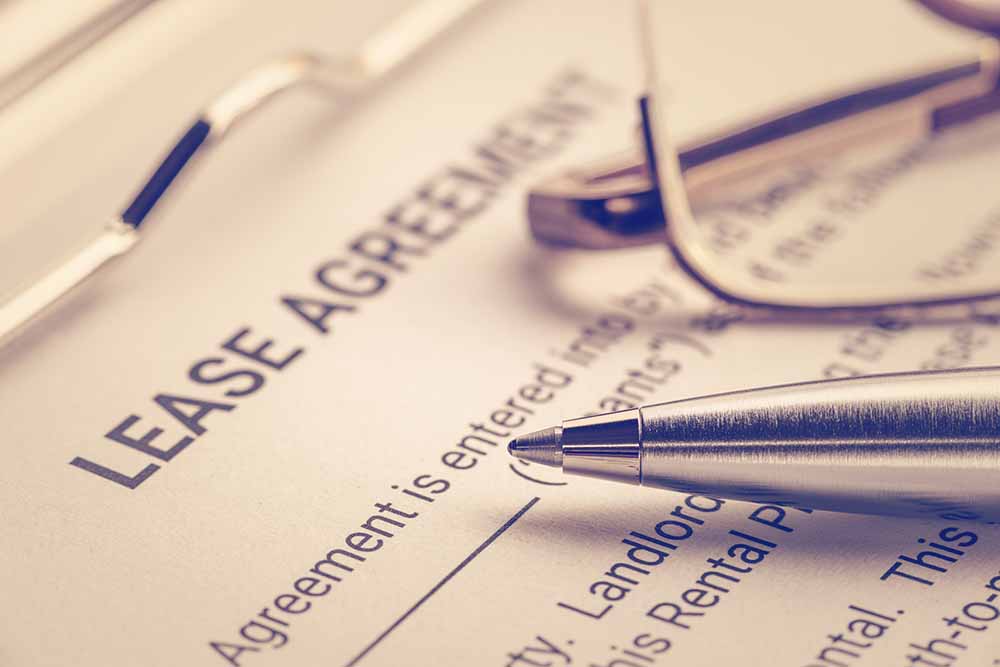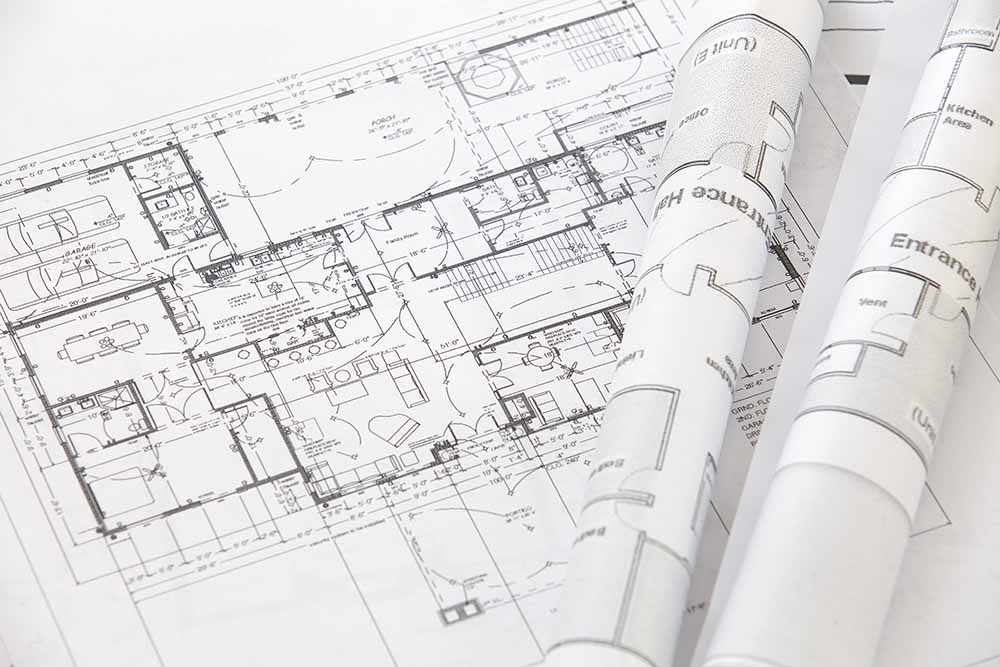Twelve years ago, I moved out of my parents’ home for college and since then, I've lived in seven different rented houses. The process of zeroing in on a rented home is like walking a tightrope. Right from the time you decide to move to a new place, you’ve got to find a home that fits your budget, suits your taste..
The most important step before deciding to sign on the dotted line, is talking to the landlord. Before signing the lease, I have learnt that it is crucial to have a clear conversation with the landlord. What I usually do a few days before signing, is to make a list of things to discuss with the landlord. You can include these points in the lease or at least have a detailed chat on record, to avoid problems later on.
Each landlord is different has different set of expectations. You need to understand what’s important to them, and convey what and how things work for you as well. When it comes to money matters especially, these things are of prime importance.

Once you're ready to sign the lease for an apartment, you‘ll already have information about the monthly rent, location, size of the property and which utilities are included. But there are some less obvious questions that are still really important. Renting an apartment may not be as big a deal as buying a house, but it's a legal commitment. So, it's smart to ask some important questions before making it official.
Whether you're renting for the first time or you've done it before, here’s what to check on before signing the lease.
1. Neighborhood Essentials:
Before you commit to a new place, enquire about the nearby amenities. Ask about the distance to the nearest grocery store, pharmacy, hospital, and police station. Understanding accessibility to these essential services can significantly impact your day-to-day life.

2. Hidden Charges:
Avoid surprises by asking about any hidden charges. Be absolutely clear about additional costs such as water, electricity, maintenance, and security fees. This transparency ensures that you have a clear understanding of your financial obligations beyond the monthly rent.
3. Documentation:
Whenever you make payments for rent and deposits, request copies of all relevant documents and agreements. This practice safeguards your rights as a tenant and provides a record of the terms agreed upon.

4. Security Deposit Clarity:
Understand the details surrounding the security deposit. Clarify the grounds on which the deposit might be deducted and ask for a clear breakdown of any potential deductions. Knowing this in advance can help you plan for the return of your deposit.
5. Lease Length:
Explore the possibility of negotiating the lease length. Some landlords might offer discounts for signing a longer lease. However, be sure you are comfortable with the commitment before making a decision.
6. Maintenance Responsibilities:
Understand who handles maintenance and emergencies. Understand the landlord's response time to fix problems. Additionally, discuss the possibility of being reimbursed if you personally handle minor repairs.

7. Notice Period:
Ask about the notice period required before vacating the property. Knowing this information in advance allows you to plan your move efficiently and helps maintain a positive relationship with the landlord.
8. Lease Break Penalty:
Find out the penalties for breaking the lease prematurely. Life can be unpredictable, and understanding the consequences of an early departure will help you make informed decisions.
9. Construction Plans:
Are there going to be any planned constructions in the building or its nearby areas? Understanding potential disruptions in advance helps you decide if the property is the right fit for your lifestyle.

10. Pet And Guest Policies:
If you have pets or frequently have guests, it's essential to understand the landlord's policies. Some properties may have restrictions on pets or guest stays.

11. Lease Terms:
Review the lease terms thoroughly. Ensure you understand all clauses and obligations before committing to the agreement.
By addressing these key questions, you can foster a transparent and mutually beneficial relationship with your landlord, ensuring a positive renting experience.